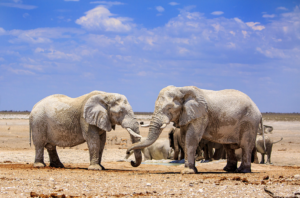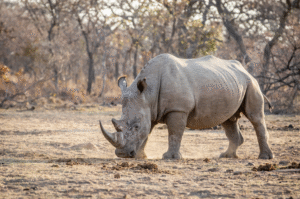
Lifestyle Changes
For a Healthier Planet
Making this planet a healthier one for all living things.
SMALL WAYS TO MAKE A DIFFERENCE
The most important part of any climate action is prevention. When you decide to modify your lifestyle to benefit the climate, it is more important to prevent damage from happening than to work on damage control.
Recycling and offsetting emissions—both of which are mentioned on this page—are last resorts. We want to reduce our negative impact before trying to make up for it.
That being said, anything you do for Earth counts. And you count. Yes, you are just one person, but your actions add up every day to generate massive change over your life. What kind of change? You decide.
Easy ways you can make a difference

Transportation
The transportation sector is the United States’ biggest emitter and accounts for a 29% of the country’s carbon footprint.
On average, each American emits 4.6 metric tons of carbon dioxide every year with their personal vehicles. To offset this, each driver would have to plant over 30 trees a year.
Ways to reduce your passenger vehicle emissions:
- Reduce the number of short trips you take
- Carpool
- Bike or walk if possible
- Request more sidewalks, bike lanes, and accessible public transit from city officials
- Consider buying an electric vehicle
In addition to enormous amounts of carbon dioxide, airplanes release soot, nitrous oxides, and contrails high in the atmosphere. All these substances trap heat.
Ways to reduce your aviation emissions:
- Avoid non-essential trips.
- Take a train for long-distance trips
- Consider vacationing somewhere within driving distance
- Consolidate work meetings into fewer trips or use video teleconferencing
- Take direct flights
- Purchase carbon offsets that meet environmental standards (Gold Standard, QAS)
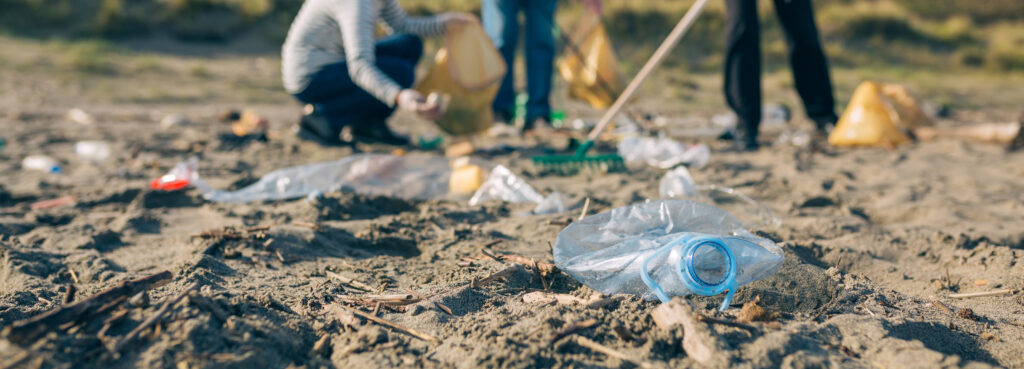
Plastics
Every stage of the plastic industry—extraction, production, transport, disposal—relies on fossil fuels and emits greenhouse gases. By 2030, the United States’ plastic industry could release more greenhouse gases annually than coal power plants. Additionally, plastic pollution harms ecosystems, like the ocean, that could help mitigate climate change.
Ways to reduce your plastic use:
- Stop using single-use plastics in favor of reusable water bottles, utensils, containers, bags, etc.
- The average plastic bag is used for 12 minutes but takes 1,000 years to break down in a landfill. However, they do not completely decompose. They become microplastics that absorb toxins and continue to pollute the environment. Try leaving a few reusable bags in your car or next to things you usually grab when going out. This way, anytime you go out shopping, they are always right there.
- Do a plastic audit of your household to acknowledge your plastic dependence and find sustainable alternatives where you can
- Buy in bulk and reduce takeout
- Avoid unnecessary plastic packaging
- Contact companies and request they transition to sustainable packaging materials
- Follow recycling rules

Diet
Global food production is responsible for 35% of the world’s greenhouse gas emissions and releases over twice as much greenhouse gases than all sectors of the United States. Compared to one calorie of plant protein, producing one calorie of animal protein can require 10x more fossil fuel inputs. Animal agriculture contributes 44% of world’s anthropogenic methane and nitrous oxide—both are greenhouse gases more potent than carbon dioxide—emissions and causes most of all agricultural emissions. Water use, land conversion, and transportation also determine our diets’ impact on climate.
Ways to reduce your diet’s harmful impacts:
- Reduce or eliminate your meat and animal product consumption
- Even one day a week without meat reduces your carbon footprint. Start there and gradually shift toward a plant-based diet.
- Buy local foods and produce that is in season
- Reduce your food waste
- Plan weekly meals and shopping lists
- Compost food scraps
- Grow your own food
- Plants not only release oxygen but also help to replenish the soil. There are many ways to grow food—a small backyard garden, a community lot, even in containers that can sit on your counter. Growing a few of your favorite fruits and vegetables can also help reduce your trips to the store.
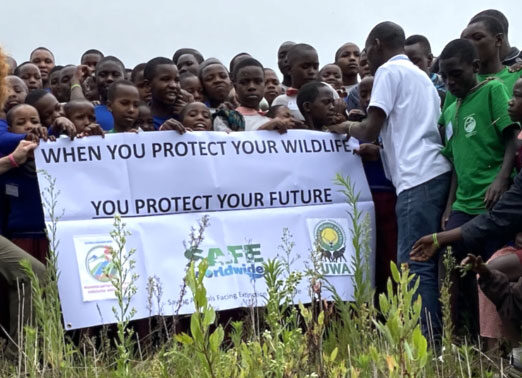
Shopping Habits
Extraction and refinement of raw materials, and the corresponding greenhouse gas emissions, is required for each new electronic device and household appliance produced. Data centers keeping up with our digital consumption are on track to surpass the aviation industry’s carbon footprint. Furniture the second greatest contribution to urban waste. The fashion industry alone produces 10% of annual carbon emissions.
Ways to reduce your belongings’ emissions:
- Shop consignment and thrift stores
- Reduce the number of new items, clothes, and electronics you buy each year
- Don’t upgrade to nicer appliances, furniture, or devices if you’re current ones still work
- Repair torn clothing instead of replacing it
- Repurpose broken items or old clothing into
- Donate, sell, or trade old items, clothes, and electronics instead of throwing them away
- Reduce the number of small online orders and choose standard over expedited shipping
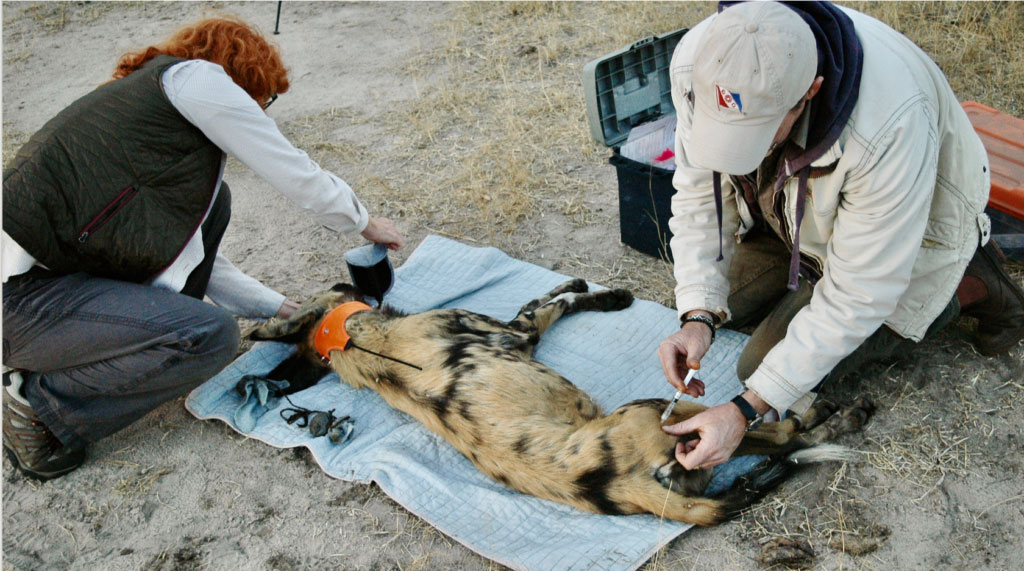
Energy
The United States stills runs on fossil fuels with 79% of energy coming from coal, oil, and natural gas. Of all the energy this country produces, 68% of it wasted each year.
Ways to reduce your household’s energy consumption:
- Unplug electronics not in use
- To make this easier, plug multiple devices into a power strip you can switch off at night or when you leave your home.
- Turn off computers at the end of the day
- Turn off the lights after you leave the room
- Switch to LED light bulbs
- Insulate your home
- Install solar panels
- Ask elected officials to invest in more renewable energy

Outreach
Only about one third of Americans talk regularly about climate change. Climate change is happening with or without our acknowledgment, but social change only happens with awareness.
Ways to spread awareness:
- Share information on social media
- Tell people about climate-friendly changes you’ve made in your own life
- Tell elected officials about your climate concerns
- Ask your school to teach students about climate change
Additional actions you can take to help slow climate change:
- Reduce your household’s water use
- Vote for people who support, plan for, and prioritize climate action. Know who is on the ballot in local, state, and national elections and where they stand on climate change. What is their plan to address it?
- To learn more about the power of your vote and community action for climate change, visit our Get Organized page.
VIDEO
A carbon footprint is the amount of greenhouse gas emissions caused by our lifestyle choices.
If we don’t curb our CO2 emissions, many endangered species will plummet by more than two-thirds in the next 20 years.
Learn more about how we can reduce our carbon footprint and create a healthier planet.
DONATE FOR A BETTER AND HEALTHIER PLANET

Join us!
Be part of the solution.
Sign up for our monthly newsletter. Or contact us to become a SAFE Worldwide volunteer and help save wildlife and the planet.



